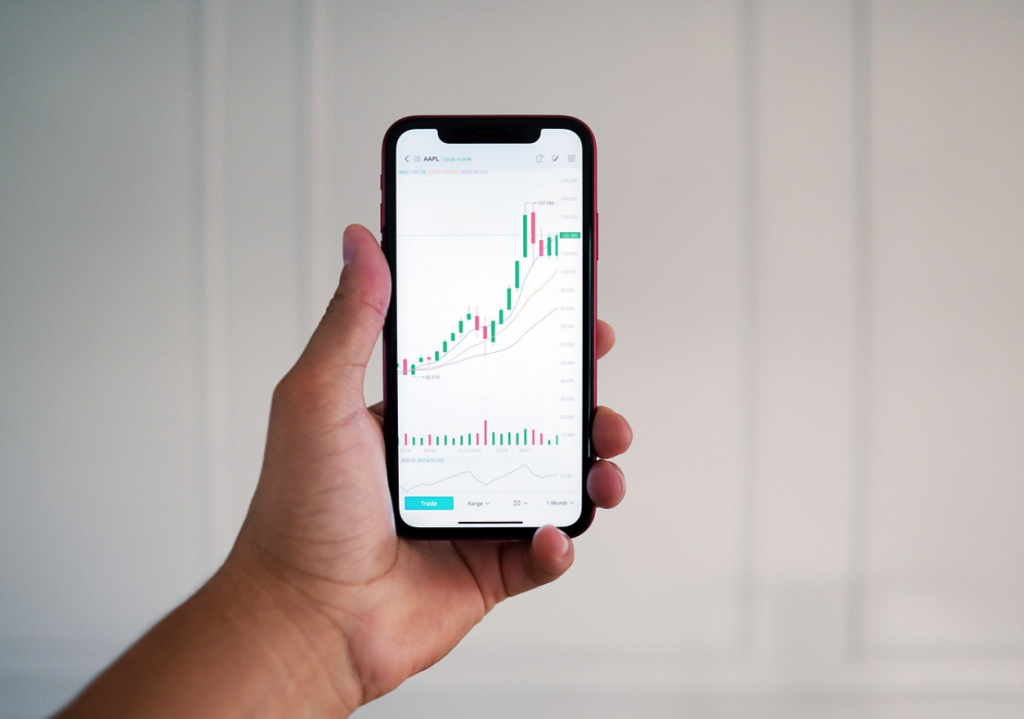The events of the past year or so have helped to drive a boom in investing and raise the profile of non-traditional assets. Millions of Britons now hold cryptocurrency for example – while so-called non-fungible tokens (NFTs) have taken the arts and sports industries by storm.
There’s more to alternative investments than pandemic boredom or social media hype, however. Many types offer major opportunities for serious investors around the world. So how do they work, and what are the advantages and risks?
Alternative investments explained

It may sound intimidating, but the term simply describes any asset that can be bought and sold outside of the world’s major stock and bond markets. Examples include:
- Hedge funds, which use pooled funds with different investment strategies to earn returns
- Venture capital, which involves investing in privately-owned companies
- Private equity, which covers all private investments beyond venture capital
- Property and land
- Commodities such as gas, oil and gold
- Tangible assets like art, antiques, wine and collectibles
These investments tend to share characteristics of being illiquid with non-normal returns and opaque pricing. Many alternatives are also less well-known and understood than traditional investments, though awareness and access to them is rapidly improving.
What are the benefits of alternative investments?
Advantages vary between asset classes, but a major advantage for many is them being uncorrelated with the stock market, allowing for greater portfolio diversification. Private investments in particular can prove less volatile to typical market fluctuations and often bring higher returns too.
Certain alternative assets such as oil and property provide a hedge against inflation. Some also offer direct tax benefits by allowing investors to keep more of their profits due to ownership or part-ownership status.
Alternative investments such as hedge funds also involve little active work or management as much of the heavy lifting is left to experienced fund managers.
Key risks involved
As with any investment, it’s important to do your due diligence and research the risks as well as potential opportunities. It may even be wise to seek investment advice from risk advisory professionals before diversifying your portfolio.
Liquidity is a common barrier for investors as many alternative assets cannot be easily sold on demand, partly due to there simply being fewer buyers and sellers. They’re often locked up for several years too, making them unsuitable for those who want to access their cash in the short to medium term.
Alternatives are also more difficult to value than publicly traded assets, and this lack of regulation can create opportunities for fraudsters in certain markets.
Are alternative investments an attractive option for you? Understanding their benefits as well as their flipsides will give you full confidence in your decision to invest in alternatives or avoid them.






































